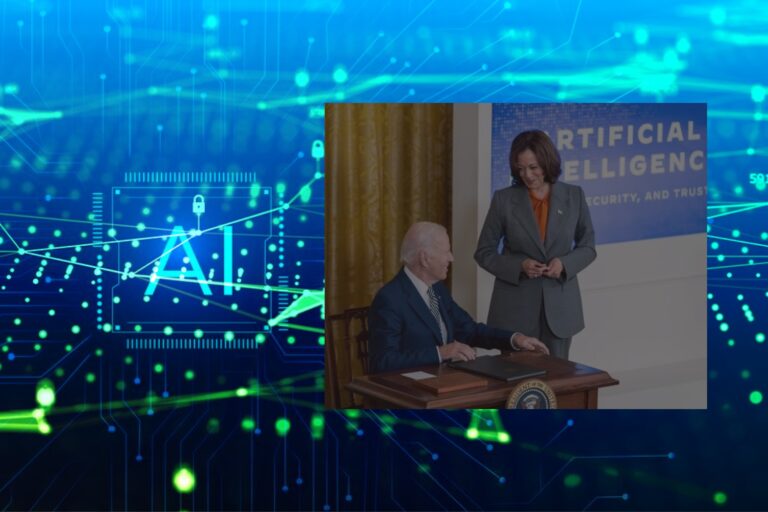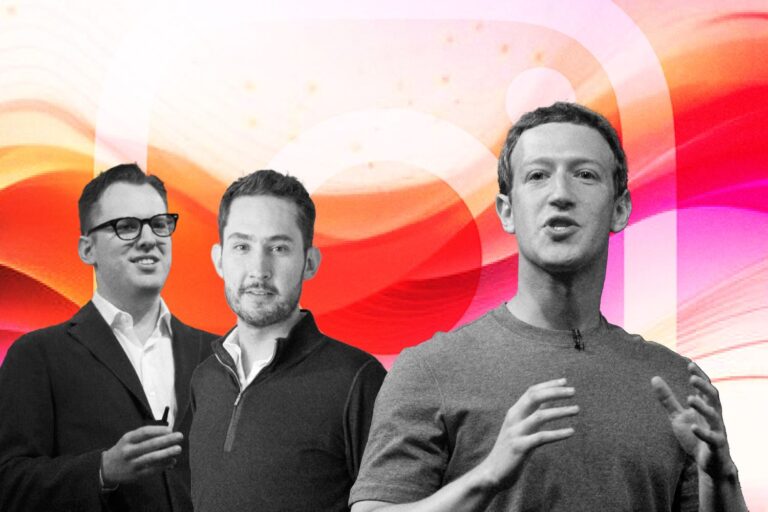Telegram’s Evolution: From Messaging Giant to Crypto Integration
In regions where authoritarian regimes seek to control communication and limit freedom of expression, Telegram has emerged as a vital tool for individuals and communities to circumvent censorship and maintain their right to privacy and free speech.
Authoritarian governments often employ various tactics to monitor and restrict online communication, including blocking access to popular messaging platforms and social media networks.
In response, many users turn to Telegram due to its robust encryption and features designed to safeguard user privacy.
Fundamentalist Libertarian – From Being Silenced to Create His Own Throne
Pavel Durov, a tech entrepreneur born in St. Petersburg, Soviet Russia, has amassed a net worth of $15.1 billion, according to Forbes. Hailing from a family of intellectuals, Durov’s journey into the tech world was marked by innovation and resilience.
“On the first trip to Italy when my family moved, I got left behind with my grandmother. I learned that I needed to rely on myself. I’m four years old, my parents are gone, my brother was also with them, and I have to figure out how to spend my time. My grandmother is an old woman, and she couldn’t play, and she was also working. It was an interesting moment in my life,” said Pavel Durov.
Before Telegram, Durov made waves in the digital sphere with the creation of Vkontakte, a Russian social network launched in 2006. Despite bringing him fame and wealth, Vkontakte also thrust Durov into the political spotlight. His refusal to grant the Kremlin access to Vkontakte data of Ukrainian protest leaders led to clashes with state-backed entities.
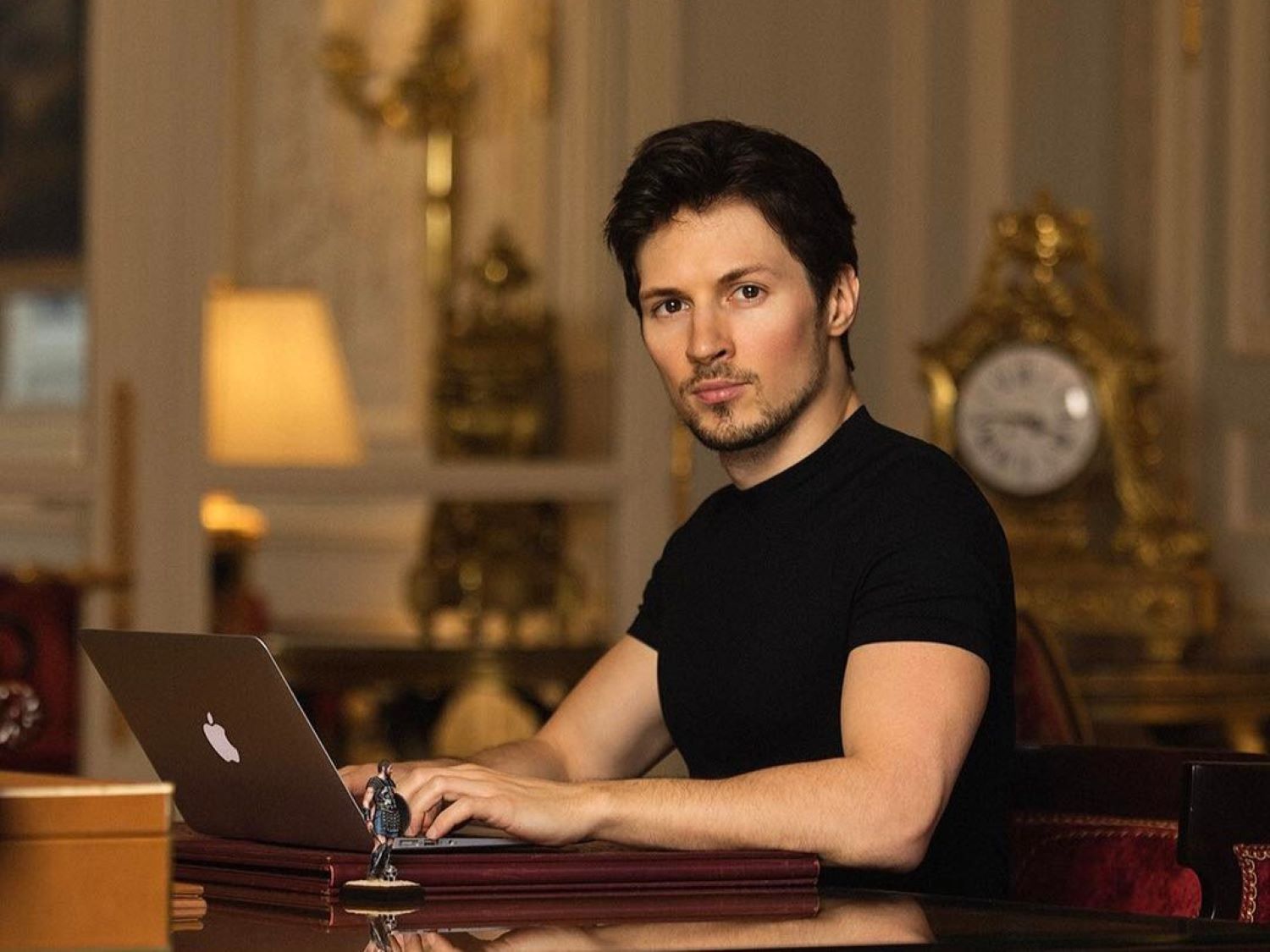
In April 2014, amidst escalating tensions, Durov was ousted from his position as CEO of Vkontakte. The network was eventually sold to the Mail.Ru group for $1.47 billion later that year.
Durov’s departure from Moscow in 2014, following a tense encounter with a SWAT team at his residence, underscored the challenges he faced as a tech entrepreneur navigating political pressures.
“The Russian security agency FSB demanded that I provide them the private data of the Ukrainian users of VK who were protesting against a pro-Russian president. I refused to comply with these demands, because it would have meant a betrayal of our Ukrainian users. After that, I was fired from the company I founded and was forced to leave Russia. I lost my company and my home, but would do it again – without hesitation,” said Pavel Durov.
The genesis of Telegram stemmed from the brothers’ commitment to safeguarding user privacy and freedom of expression, which had been tested during their tenure at VK. The Durov brothers sought to create a messaging platform insulated from external interference and surveillance.
Pavel Durov’s principled stand against government pressure underscored the need for a messaging app that prioritized user privacy above all else. Inspired by their experiences with VK and motivated by the quest for digital freedom, the Durov brothers set out to develop Telegram as a bastion of privacy in the online landscape.
Championing User Rights: Telegram’s Superiority Over Facebook and Beyond
Telegram’s superiority over Facebook and other platforms extends beyond surface-level features to fundamental principles of user empowerment and digital sovereignty.
At its core, Telegram champions user privacy by offering end-to-end encryption as an opt-in feature, giving individuals greater control over their communications. As Pavel Durov, Telegram’s founder, emphasized, “For us, Telegram is an idea. It is the idea that everyone on this planet has a right to be free.”
This commitment to privacy contrasts sharply with Facebook’s track record of privacy breaches and data exploitation, fostering a sense of trust and security among Telegram’s user base.
Moreover, Telegram’s minimal content moderation approach reflects a belief in free expression and open dialogue, even in the face of controversial or challenging content.
While Facebook grapples with the responsibility of policing its platform for harmful content, Telegram places a premium on preserving the freedom of speech, allowing users to engage in discussions without fear of censorship or algorithmic manipulation.
In embracing an ethos of inclusivity, Telegram welcomes users from all backgrounds, ideologies, and geopolitical contexts. This commitment to openness ensures that Telegram remains a global platform for communication and collaboration, transcending the boundaries of nationality or political affiliation. As Durov has stated, “Telegram is the idea that everyone on this planet has a right to be free.”
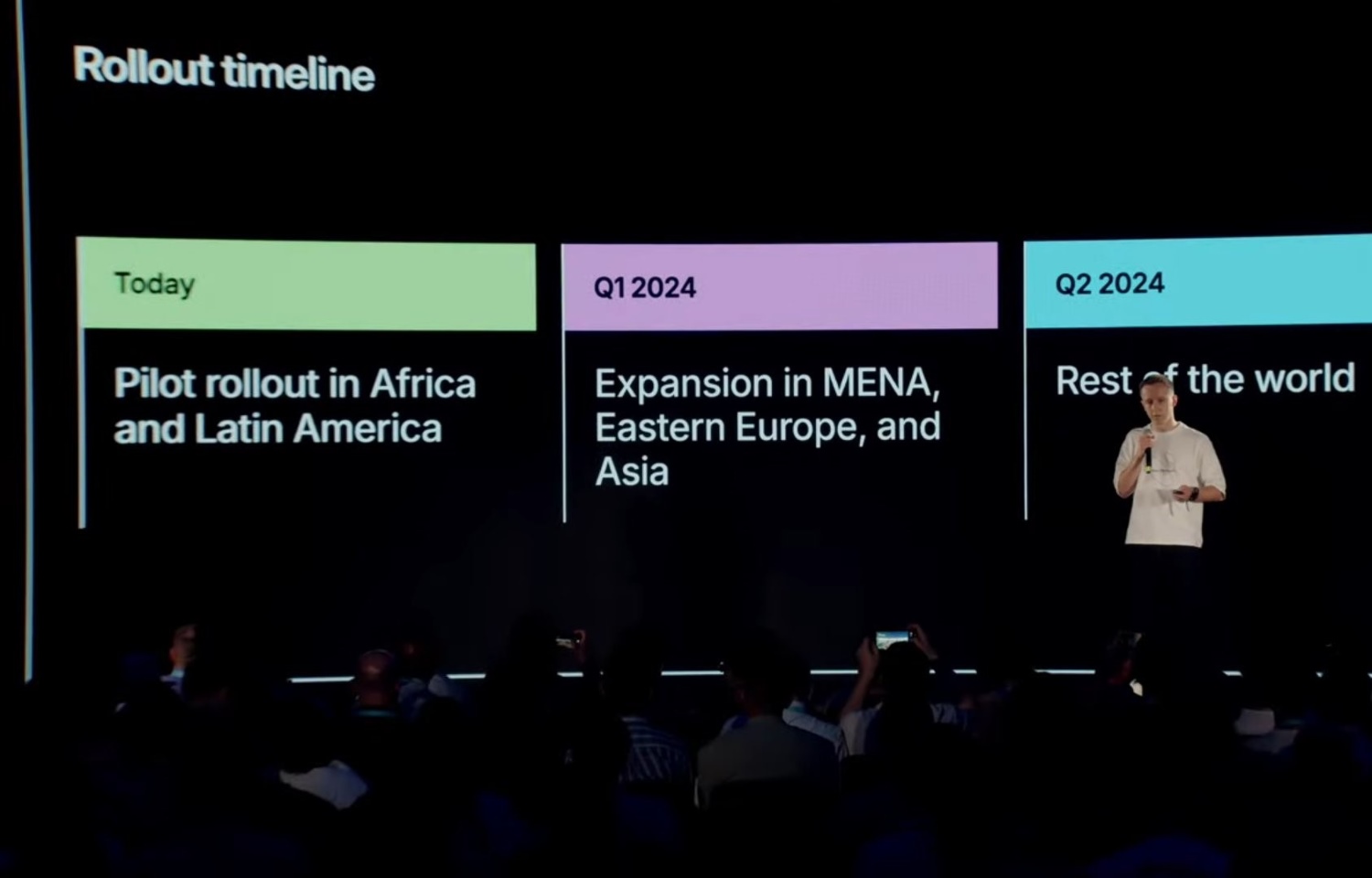
Furthermore, Telegram’s hybrid messaging-social media model offers a dynamic and versatile platform for interaction, enabling users to participate in public channels, private groups, and one-on-one conversations.
This multifaceted approach fosters diverse forms of engagement, creativity, and community-building, distinguishing Telegram as more than just a messaging app but a vibrant digital ecosystem where users can connect, share, and collaborate on their own terms.
Ultimately, Telegram’s superiority lies not only in its features but in its underlying values of privacy, free expression, inclusivity, and user empowerment. By prioritizing these principles, Telegram offers users an alternative digital space that champions individual rights and fosters a sense of community and belonging, setting it apart from platforms like Facebook that may prioritize commercial interests or regulatory compliance over user agency and autonomy.
Concerns Over Privacy: Potential Monitoring of Private Communications
While Telegram boasts numerous advantages, its utilization also presents deeper societal and technological concerns. The platform’s laissez-faire approach to content regulation, while respecting privacy and freedom of expression, can inadvertently foster an environment ripe for the dissemination of misinformation, propaganda, and extremist ideologies.
Moreover, Telegram’s encryption protocols, while enhancing privacy and security, pose significant challenges for law enforcement and intelligence agencies tasked with combating terrorism, cybercrime, and other illicit activities.
The tension between individual privacy rights and collective security interests underscores complex ethical and legal dilemmas inherent in modern communication technologies.
Furthermore, Telegram’s role as a facilitator of online communities and networks raises questions about the responsibility of technology companies in mitigating the spread of harmful content and fostering digital citizenship. While Telegram has taken steps to address extremist content, its decentralized nature and limited oversight mechanisms present ongoing challenges in combating abuse and safeguarding user safety.
Additionally, the prevalence of malware and ransomware distributed through Telegram underscores broader cybersecurity threats facing individuals and organizations in an increasingly interconnected digital landscape.
The emergence of sophisticated cyber threats highlights the need for robust cybersecurity measures and user awareness to mitigate risks associated with online communication platforms.
Elias Campo, Telegram’s Head of Growth Business and Partnerships, shed light on this issue in a recent interview.
He revealed, “we’re portraying ourselves as a company that’s open that’s supposed to be for freedom of communication and transparency between users and on the other side, we’re completely opaque on how we work”.
Campo’s insights into the workings of Telegram revealed a centralized decision-making process, with founder Pavel Durov exerting strict control over the company’s operations.
Unlike WhatsApp, where employees had access to user data, accessing statistics at Telegram required justification to Durov himself.
Durov’s leadership style, described as highly restrictive, has created an environment where dissent is rare, and he is revered almost as a divine figure by the inner circle of Russian developers within the company.
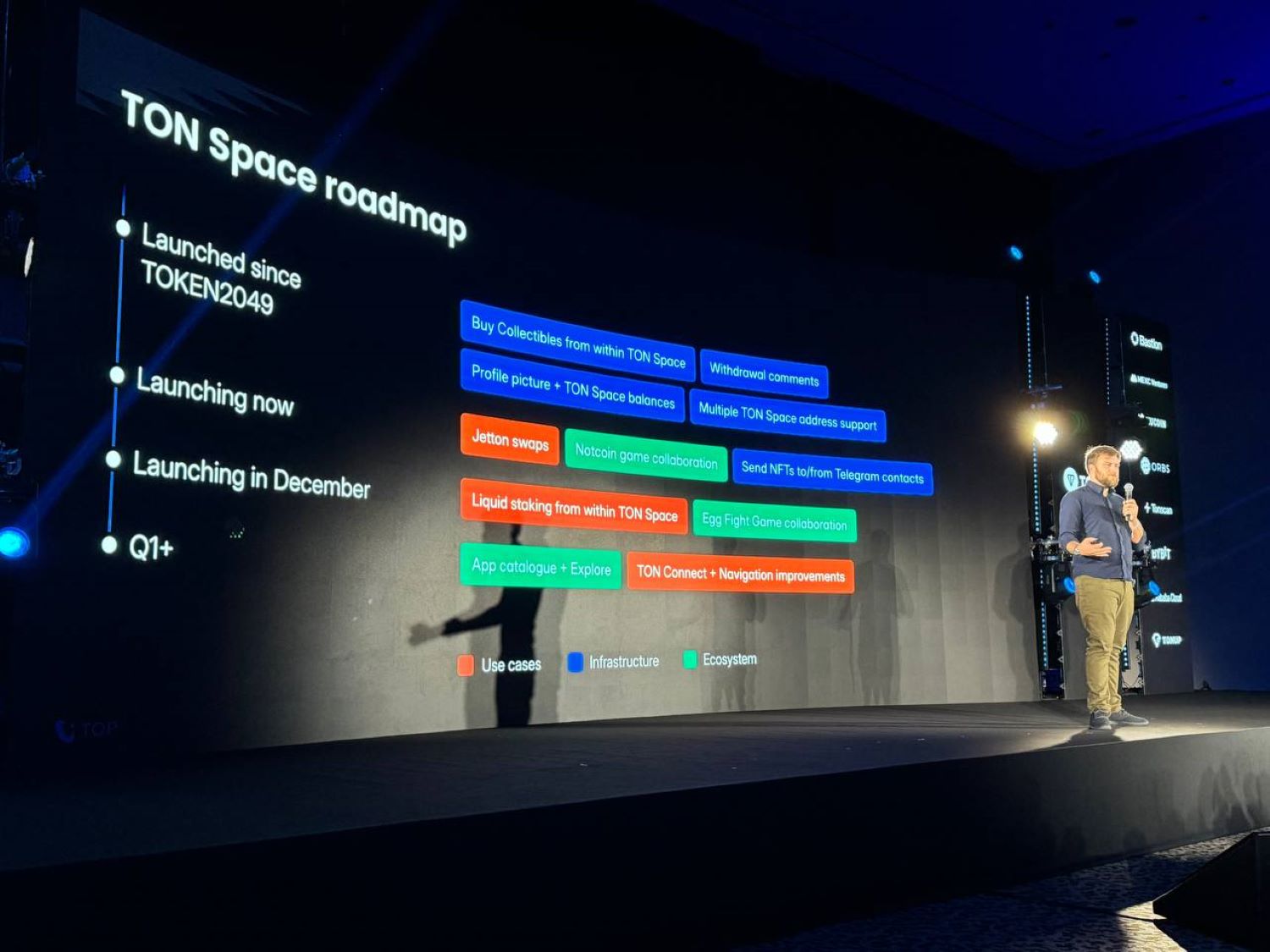
Campo’s departure from Telegram underscores the challenges and complexities within the company. His hint at the potential for Telegram to monitor private communications, although technically difficult at scale, raises concerns about the extent of privacy users can expect on the platform.
“Technically it’s possible to do so at scale would be difficult but encryption between a user and cloud server could potentially be deactivated on a target account i don’t know if it’s happening or not,” he said.
Ambitious Blockchain Venture: The Rise and Setbacks of the Telegram Open Network
However, Telegram’s meteoric rise in popularity across Asia, Latin America, and Europe brought with it the challenge of sustaining its colossal user base without resorting to traditional monetization methods like advertisements.
With server costs soaring, Telegram sought innovative solutions, leading to the inception of a groundbreaking blockchain platform called the Telegram Open Network (TON) and its native currency, Gram.
Pavel Durov recognized the potential of leveraging cryptocurrencies to fund the platform’s operations while driving widespread adoption. The concept of a native platform currency held the promise of disrupting the financial landscape.
TON was envisaged as a next-generation blockchain platform, boasting unparalleled speed and scalability compared to mainstream cryptocurrencies. The project aimed to revolutionize transaction processing, promising millions of transactions per second, a quantum leap from the industry standard.
Telegram’s ambitious vision attracted significant investment, culminating in the largest initial coin offering (ICO) in history, raising a staggering $1.7 billion from 175 investors. However, from the outset, concerns loomed large.
The ICO’s private nature and lack of transparency regarding investors and fund sources raised eyebrows. As Telegram prepared for the official launch, the U.S. Securities and Exchange Commission (SEC) intervened, halting proceedings abruptly.
The SEC’s intervention cited concerns over the potential distribution of unregistered securities through the crypto network.
Additionally, allegations surfaced regarding the mismanagement of funds, with claims that a substantial portion of the $1.7 billion was diverted to cover Telegram’s operational expenses, blurring the lines between expenditures for the app and the TON network.
Moreover, the Telegram Open Network once touted for its scalability and speed in processing transactions, has encountered a significant setback following a surge in activity attributed to the launch of ‘inscriptions’ on the network.
The recent influx of over 3 million new transactions has led to a severe slowdown, causing congestion and delays in transaction verification.
The TON20 inscription, akin to BRC20, triggered an unprecedented surge in network usage, overwhelming the TON blockchain and highlighting its inability to cope with the heightened demand. Despite claims of being the fastest and most scalable blockchain globally, TON struggled to uphold its reputation, prompting scrutiny and skepticism.
In May 2020, Pavel Durov wrote in his public channel Tuesday that the Telegram Open Network (TON) project would be discontinued due to the company’s ongoing legal fight with the U.S. Securities and Exchange Commission (SEC).
“Today is a sad day for us here at Telegram. We are announcing the discontinuation of our blockchain project,” he wrote.
The SEC’s recent victory in securing a preliminary injunction in a U.S. court became the impetus behind this decision, as it prohibited Telegram from launching TON or distributing its gram tokens.
This decision marks a drastic shift for Telegram, which had announced less than two weeks prior that it would be launching the TON network in April 2021. Telegram had previously informed investors that they could opt for a 72% immediate refund or a 110% refund after a year, contingent on the successful launch of TON.
However, U.S. investors were restricted from choosing the latter option.
Durov’s announcement also addressed third-party efforts to launch independent versions of the TON blockchain. He clarified that no Telegram employee is involved in these projects and emphasized the company’s lack of affiliation or support for any such ventures.
Pavel Durov’s Cryptocurrency Investments and Telegram’s Growth
Pavel Durov recently disclosed his investments in the cryptocurrency market, including Bitcoin (BTC) and Toncoin (TON), while also shedding light on significant developments within his company.
In a recent interview, Durov expressed his enthusiasm for Telegram’s growth and financial prospects, revealing his purchase of 25% of freshly issued Telegram bonds, solidifying his commitment to the company’s progress.
Despite Telegram’s current lack of profitability, Durov confidently stated that the company is moving closer to profitability, surpassing competitors like Twitter and Snap in absolute numbers.
Telegram issued $270 million in bonds to expedite development and achieve profitability, with Durov acquiring a quarter of these bonds, signaling his investment in the company’s future. While Durov did not disclose specific investors, he assured that they are esteemed funds with impeccable reputations.
In addition to his investment in Telegram bonds, Durov emphasized his stakes in Bitcoin and Toncoin, refraining from disclosing the exact value of his holdings.

Despite legal obstacles arising from a lawsuit filed by the United States Securities and Exchange Commission (SEC), as mentioned above, the Durov brothers made the Toncoin source code available for volunteers to continue working on the blockchain project.
However, Pavel Durov’s unwavering commitment to Telegram’s growth and profitability remains evident through his substantial personal investments and continuous support. His strategic bond purchase and significant financial resources allocated to Telegram showcase his determination to propel the messaging service to new heights.






